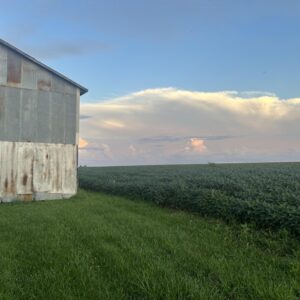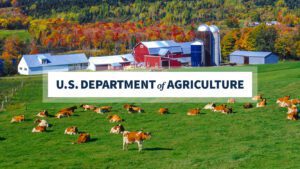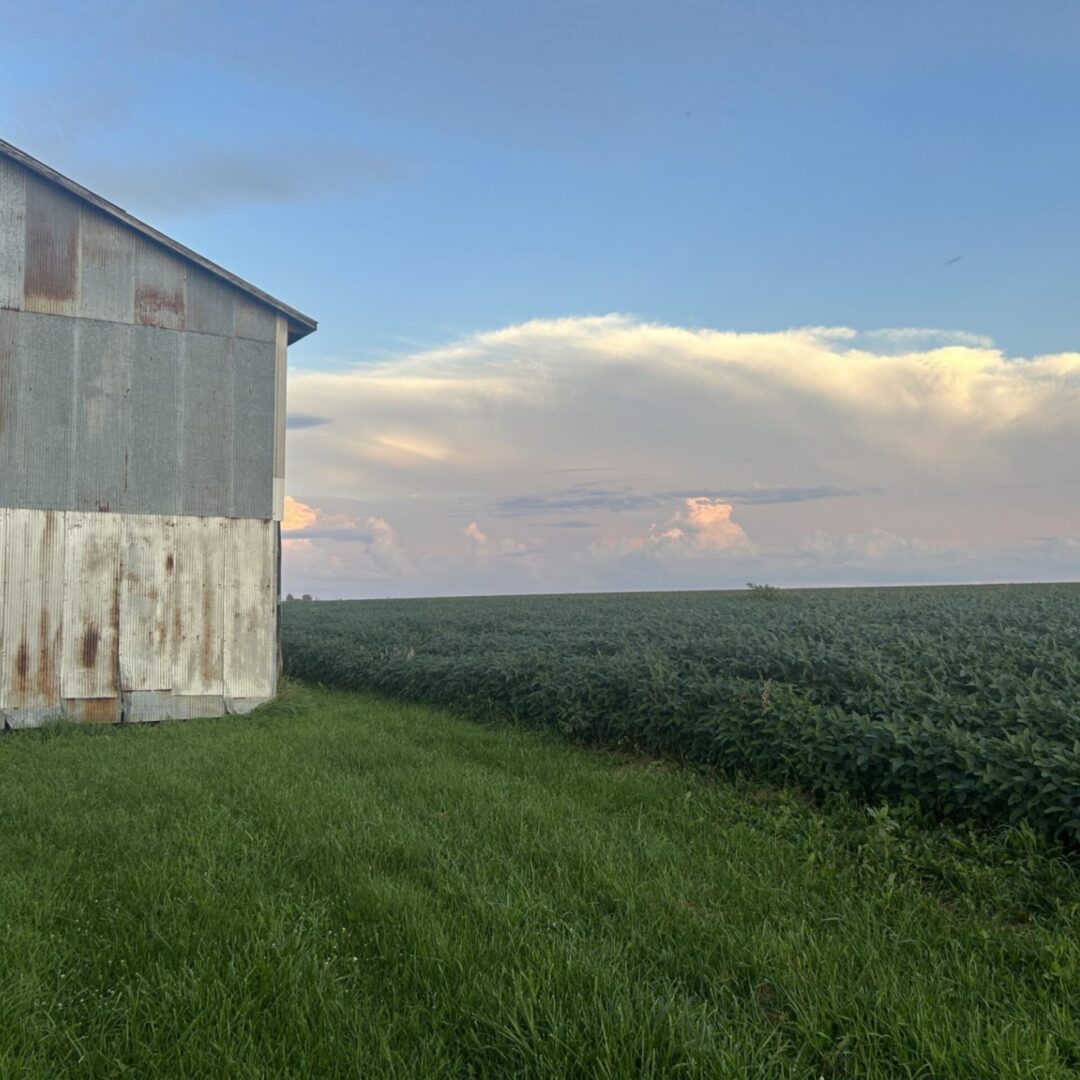When looking to adopt new agricultural practices, it is helpful to hear about experiences from neighbors and locate resources to answer questions. University of Illinois Urbana-Champaign, Illinois Extension, and Illinois Sustainable Ag Partnership provided that opportunity at an Eco Markets and Carbon Dynamics Field Day in November.
Eco Markets and Carbon Dynamics Field Day
The day began with questions and ended with engaged conversations. With over 50 attendees, including landowners, producers, and researchers, only a few hands were raised when presenters asked who already had a comfortable understanding of carbon markets on the farm.
To better familiarize themselves with the subject, attendees listened to a variety of presentations, ranging from voluntary carbon market basics to tools for estimating carbon. Following the presentations, the group got to ask questions and have a very engaging conversation about on-the-farm experiences. Attendees shared stories, experiences from their home operations, and emotional concerns about climate impacts.
The field day ended with a farm tour, including stops at eddy covariance towers used for estimating carbon fluxes and miscanthus fields grown and used as a biomass crop for energy and fuel.
The Science Behind the Ecosystem
The science behind the carbon market ecosystem is evolving. “It’s fairly complex and changing often, so what we do here at field days helps us to do the right science and ask the right questions that our stakeholders want to know,” shared Emily Heaton, Extension specialist and director of I-Regen at the Institute for Sustainability, Energy, and Environment. Heaton shared these insights in a post-event interview on WILL Ag Closing Market Report with Todd Gleason, media communications specialist from Extension working with Illinois Public Media.
Gleason asked Heaton what she hoped people got from the field day event at the ACES Energy Farm in Urbana. Her response was the hope that people gain a better understanding that the carbon market ecosystem has evolved rapidly over the last few years.
“The science that supports it is being developed right here at the University of Illinois, particularly the science that directly supports understanding of carbon changes on corn-soybean systems,” says Heaton. “There’s a lot of carbon science out there in the world, but this is the science that is directly relevant to area farmers in the Corn Belt.”
For more information on the impacts of sustainability in agriculture, visit sustainability.illinois.edu.
About I-REGEN: I-Regen advances the science of regenerative agriculture and is administered by the Institute for Sustainability, Energy, and Environment iSEE in a partnership between the Department of Crop Sciences, the College of Agricultural, Consumer and Environmental Sciences, and University of Illinois Extension. For more information,go.illinois.edu/I-Regen.
ABOUT ILLINOIS EXTENSION: Illinois Extension leads public outreach for University of Illinois by translating research into action plans that allow Illinois families, businesses, and community leaders to solve problems, make informed decisions, and adapt to changes and opportunities. Illinois Extension is part of the University of Illinois Urbana-Champaign College of Agricultural, Consumer and Environmental Sciences.
SOURCE: Emily Heaton, Extension specialist, director of I-Regen, and professor, department of crop sciences, College of ACES; Todd Gleason, media communications specialist, Illinois Extension.














